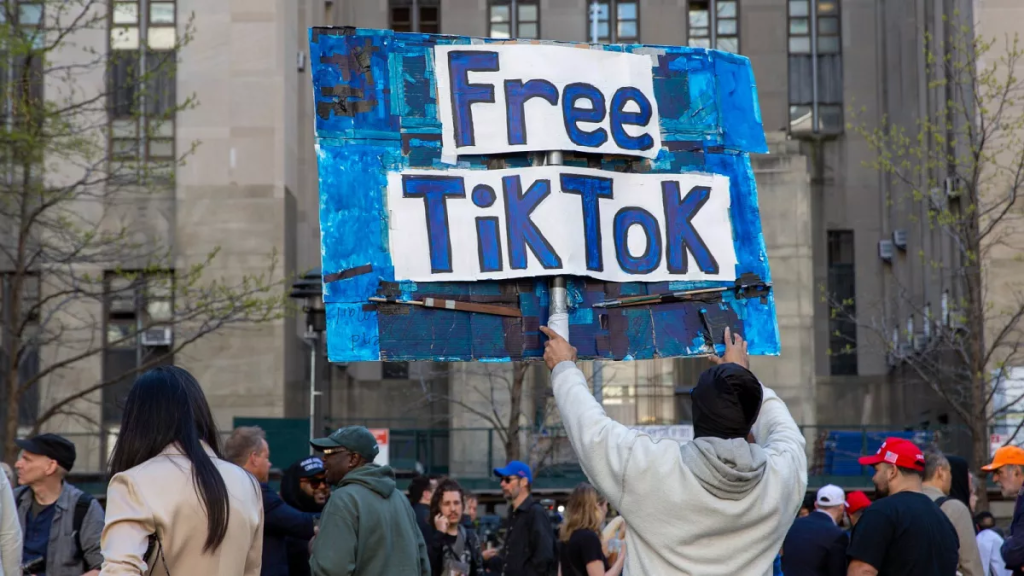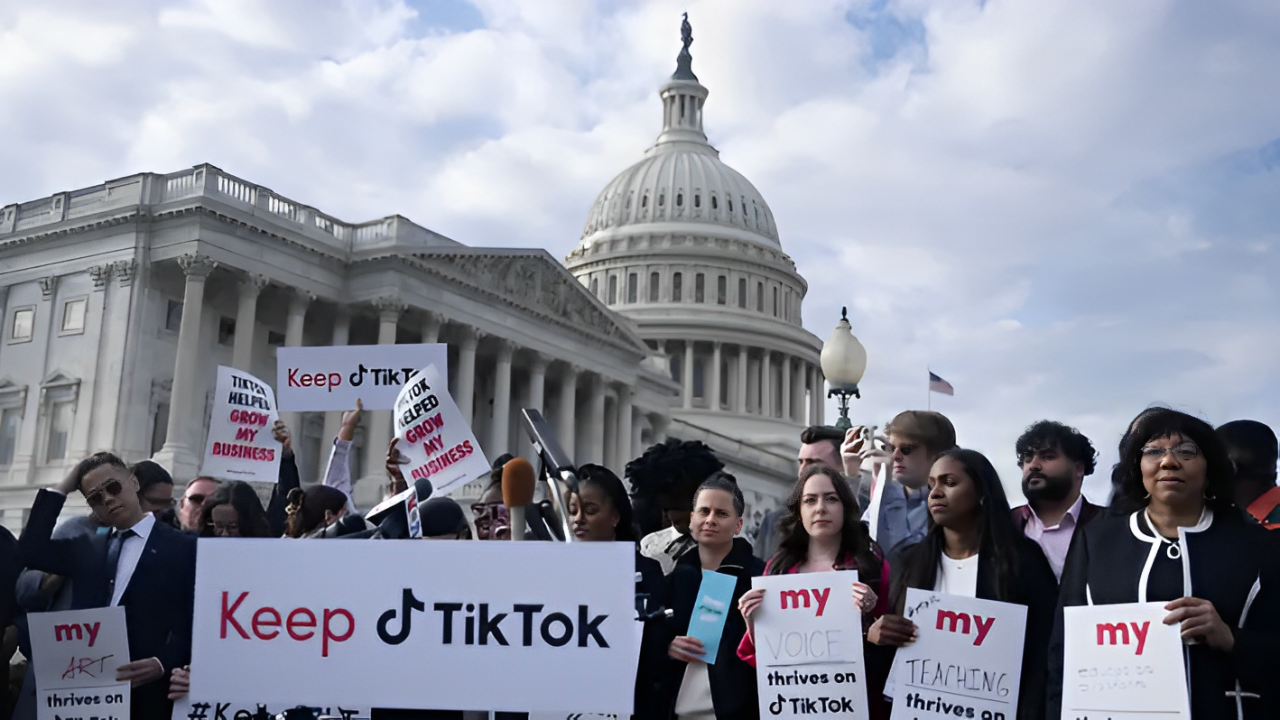TikTok, the popular video-sharing app, is in a legal battle to prevent a potential ban in the U.S. set for January 19. The app’s defenders presented oral arguments before the U.S. Supreme Court on Friday, hoping to avoid a shutdown that could impact millions of users.
Legal Arguments in Court
TikTok’s attorney, Noel Francisco, argued that banning the app would violate the First Amendment and restrict the free speech of its users. He emphasized that TikTok’s U.S. users have the right to express themselves on the platform, and removing the app would infringe on that right.
During the proceedings, Justice Neil Gorsuch asked if it would be possible for TikTok to divest from its Chinese parent company, ByteDance. Francisco responded that such a move would be “exceedingly difficult” and could not be done within a short timeframe.
Jeffrey Fisher, a representative for TikTok users who create content on the platform, followed Francisco’s argument. He pointed out that if the U.S. government’s primary concern were data security, it would be regulating other popular Chinese apps, such as Temu. Temu, an e-commerce app known for low-cost products, is owned by PDD Holdings, a Chinese company.
Government’s Stance on National Security
The U.S. government, represented by Solicitor General Elizabeth Prelogar, argued that TikTok’s ownership by a Chinese company poses a serious national security risk. Prelogar stated that the Chinese government’s control over TikTok gives it access to vast amounts of personal data about U.S. citizens.
This data could be used for espionage or blackmail, especially considering that many of TikTok’s users are teenagers who may one day hold sensitive government or military positions.
A Brief History of TikTok’s Rise and Controversy
TikTok wasn’t always the platform it is today. It started in 2014 as Music.ly, a place for users to upload videos of themselves dancing and lip-syncing. In 2017, ByteDance acquired Music.ly and rebranded the app as TikTok in 2018. Since then, TikTok has grown into one of the most popular social media platforms worldwide, with over 170 million U.S. users.
The app’s popularity surged in 2020 when millions of people, confined to their homes during the COVID-19 pandemic, turned to TikTok for entertainment. That year, former President Donald Trump raised concerns about TikTok’s data collection, claiming it posed a national security threat.
In 2024, President Joe Biden signed a bill that requires TikTok to either sell to a U.S.-based company or face a ban by January 19, 2025. In response, TikTok has filed several legal motions, arguing that a ban would violate its users’ free speech rights.
Court Rulings and TikTok’s Response
The legal battle began in earnest when a U.S. appeals court rejected TikTok’s attempt to block the ban on December 6, 2024. The court sided with the government, agreeing that the ban was justified to limit a foreign adversary’s access to American data. TikTok immediately filed an emergency motion to delay the ban, but the Supreme Court ultimately agreed to hear the case.

On January 3, TikTok argued that the U.S. government has not demonstrated that the app is a significant data security risk. In its filing, TikTok stated that the government had not provided evidence to support its claim that TikTok’s data poses a threat to national security. It also pointed out that no incidents of espionage or data misuse have occurred to date.
Looking Ahead: What Happens Next?
As the court prepares to make a decision, TikTok has made it clear that it will shut down its U.S. operations by January 19 unless the Supreme Court intervenes. This decision could have far-reaching consequences, not only for TikTok’s future but for its millions of American users who rely on the platform for entertainment, business, and social interaction.
Trump’s Shifting Position on TikTok
In an unexpected twist, former President Donald Trump, who had previously pushed for TikTok’s ban, has now changed his stance. In a legal filing on December 27, Trump stated that he opposes banning TikTok and believes the issue should be resolved through political means once he assumes office. Trump is set to take office again on January 20, one day after the ban would take effect.
Impact on the Tech Industry
Although TikTok is not a publicly traded company, its potential ban could significantly impact the stock prices of competing social media platforms. Companies like Meta Platforms (Facebook), Alphabet (YouTube), and Snap (Snapchat) stand to benefit if TikTok users flock to alternative platforms. As short-form video content continues to grow in popularity, these companies are vying for market share, and a TikTok ban could give them an edge.
Conclusion
The outcome of this legal battle will shape the future of TikTok in the U.S. Whether the Supreme Court rules in favor of TikTok or upholds the ban, it is clear that the platform has sparked a major debate over data privacy, free speech, and national security. The decision is expected to have lasting implications for U.S.-China relations and the global tech landscape.
Disclaimer: This article has been meticulously fact-checked by our team to ensure accuracy and uphold transparency. We strive to deliver trustworthy and dependable content to our readers.







Leave a Comment